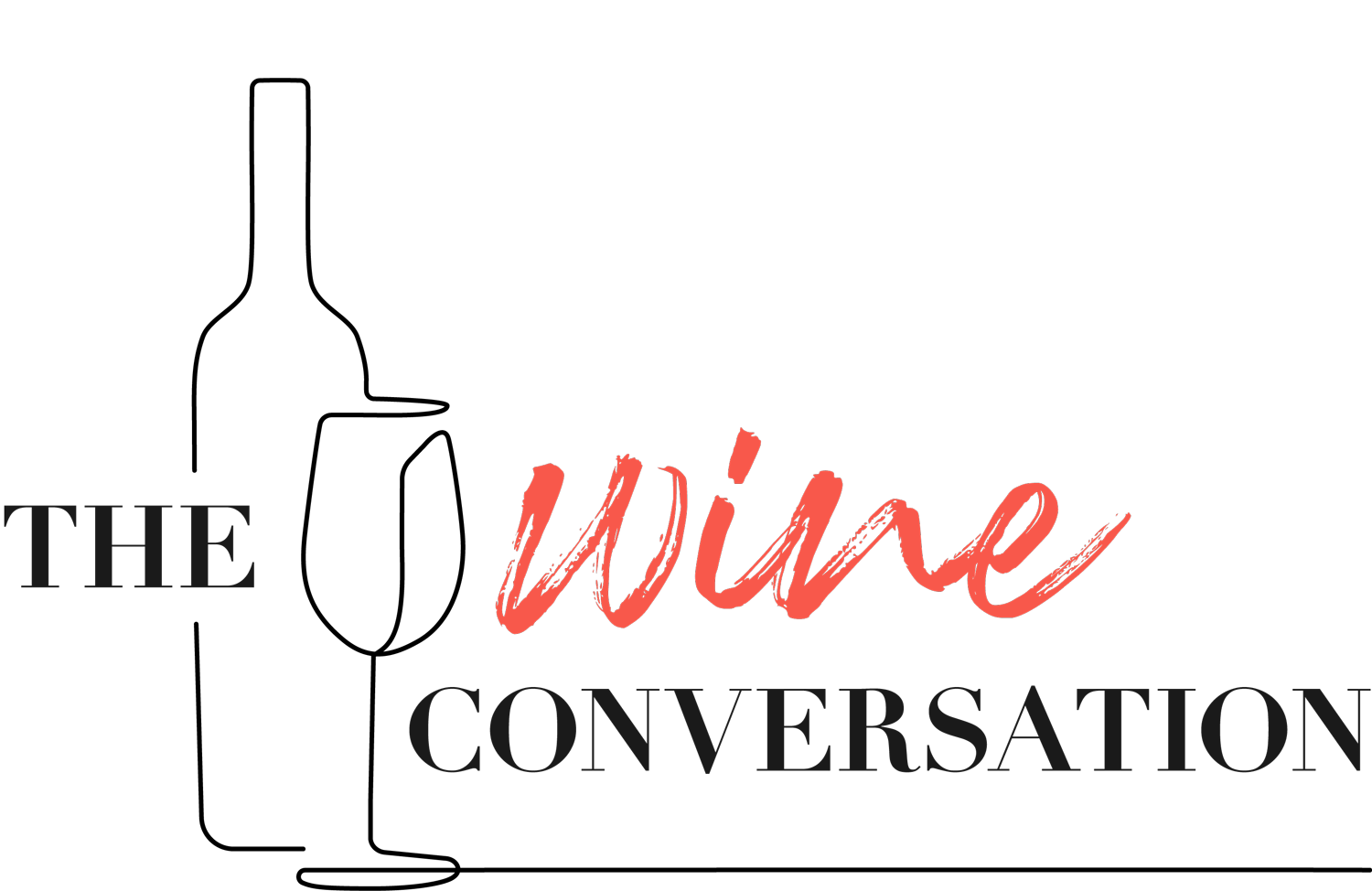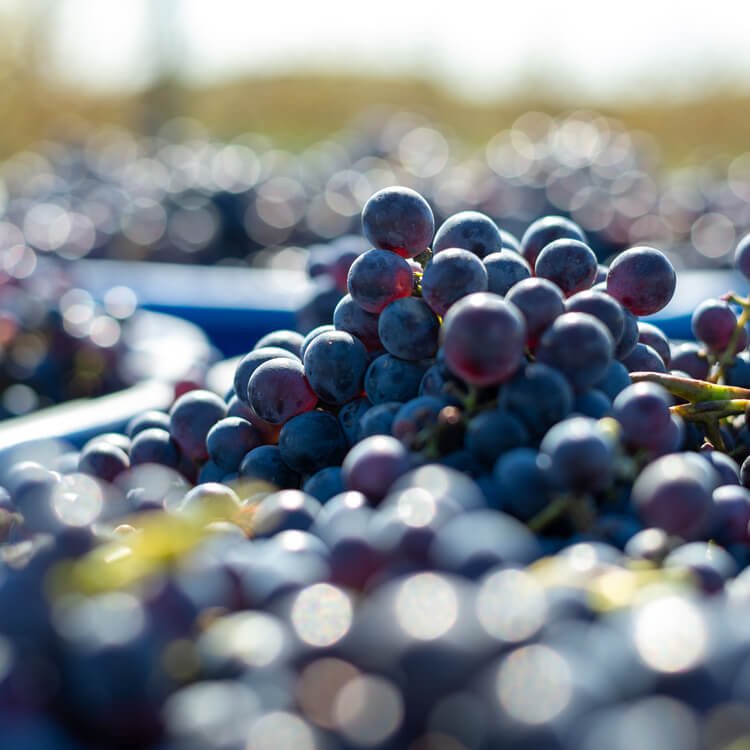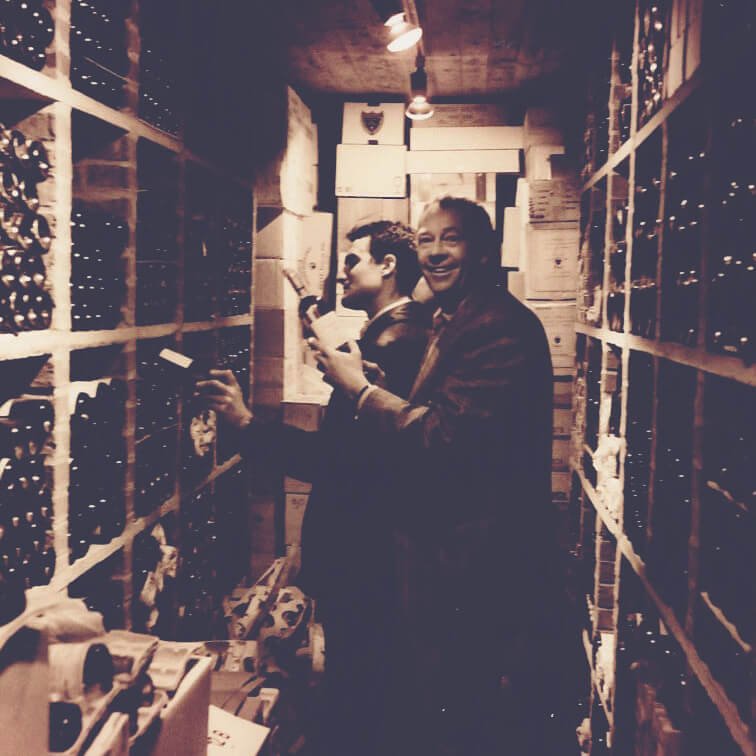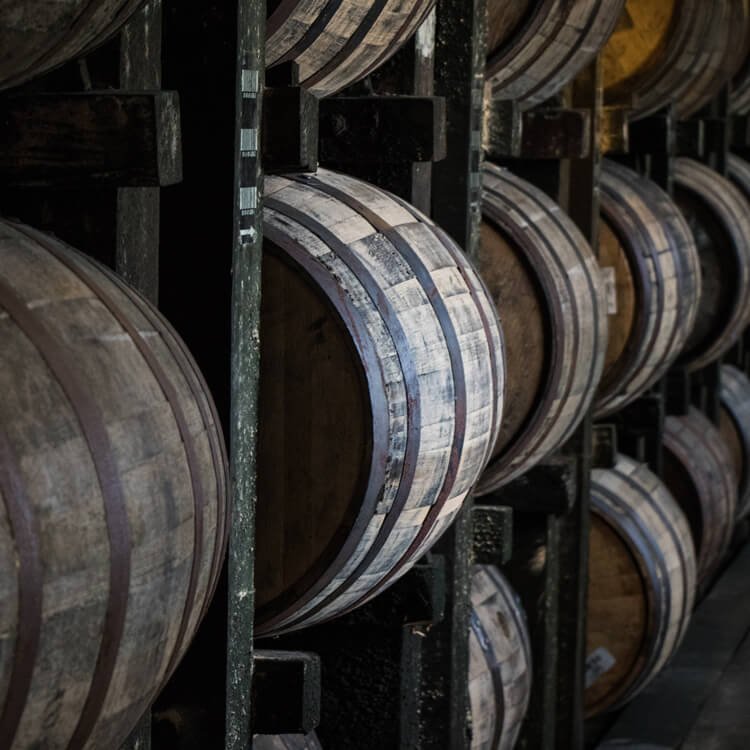▻ Gary Boom of Bordeaux Index
In conversation with Gary Boom of Bordeaux Index
Episode Summary:-
Gary Boom, founder of Bordeaux Index, is today one of the largest players in the fine-wine market. He talks to Sarah Kemp for our series Great Wine Lives about how he built his company, the successes and failures along the way, and how he sees the future. He grew up in South Africa, where beer rather than wine was his drink. After gaining a degree in finance there, he headed to Britain joined the financial sector, and developed a passion for wine. Close to his office near St Pauls was the merchant Robert Rolls, and Gary recollects being invited to lunch and being served 1978 Hermitage La Chapelle and Yquem--he quickly became Robert Roll’s biggest customer. More exposure to great wine came when he worked with Lord Spencer at ICAP, whose father, Oscar, would turn up with magnums of Latour, as he believed his son and his great friend should know more about fine wine.
Despite having made a considerable amount of money very young, Gary wanted to get out of finance, and wine was where he thought he could make a difference. In 1997, he felt there was a gap in the market, and he launched Bordeaux Index: “There was this huge global market in the secondary trading…. I brought a trader’s mentality to the wine market, and created the liquidity.” It was not easy to enter the world of the top producers, he reveals. “Lafite took us five years until we were allowed to go and taste (at En Primeur).” It didn’t take too long after that, though, to enter more châteaux. “We came in with passion, we came in with finance, and capital talks in Bordeaux,” he says.
He names wine writers Robert Parker and Clive Coates MW as early heroes, whilst noting that it wasn’t the traditional merchants he most admired, rather those on the edge, in particular Bibendum, whom he regularly bought from.
In 2007, Bordeaux Index opened its first overseas office, in Hong Kong, one year before duty was abolished on wine. Luck or judgement? “I was pretty convinced they were going to do it,” Gary reveals; today Asia represents approximately 40% of Bordeaux Index’s business. Other overseas offices followed, Singapore in 2010 and Los Angeles in 2013. Operating in Asia, he says, is much easier than in the US, due to the many different laws concerning the sale of alcohol. which frustrates him, though he remains optimistic: “I know at some point this market is going to crack.”
In 2016, the name Bordeaux Index was changed to BI, after listening to the marketeers who told him he was restricting his trade by using the work Bordeaux in the title. Why not BI, which could stand for Burgundy Index, or Barolo Index and other regions, they said. He was never comfortable with the change, but a discussion on a grouse moor led him to return BI to its original name in 2020. (He was shooting with Alain Perrin of the Richemont Group, who shook his head when he heard the name BI, and said how sad it was, as Bordeaux Index was such a strong brand). It was the impetus he needed. “It was a 100% mistake” changing the name, he says, and describes how the Bordeaux châteaux confirmed that. “They just ignored the name BI and continue to call it Bordeaux Index,” he laughs.
““We came in with passion, we came in with finance, and capital talks in Bordeaux,””
The wine market has changed considerably since he launched in 1997, but he believes that “Bordeaux is incredibly undervalued at the moment as a global brand…. Bordeaux has had a bit of a problem with image and everything else and they certainly haven’t helped themselves by mis-pricing En Primeur, which I think is their biggest problem.” In 2010, Bordeaux Index sold £40/50-million of En Primeur, but last year just £6 million. He believes Burgundy could become a struggle, and points out there are some very exciting alternatives. South Africa is a case in point. “At the Cape Wine Makers Guild auction, we bought 10% of the whole auction and sold it in the same day,” he notes. There is also excitement from Spain, and he points out that many of the top French producers are investing in Oregon. Italy also is on the rise. “Ten years ago, you couldn’t give Sassicaia away, today it is number one on every restaurant’s want-list.”
Spirits have also become part of Bordeaux Index’s portfolio. Gary admits he is not a spirits drinker, apart from a whisky now and again, but he met Sukhinder Singh, the doyen of spirits, and was impressed with the profitability of his business. The cross-over with wine lovers is smaller than he thought though.
In 2009 he launched Live Trade, the wine-trading platform, “the love of my life apart from my family,” he states. This month he has relaunched it, and now the relaunched Live Trade allows you to sell your wine through the platform even if it is stored with another merchant (95% of people go back to the person they bought their wine from, but now the relaunched Wine Trade will allow wine lovers to put any wine on the platform).
Does he now see himself as part of the wine establishment? “I’m afraid to say I probably am,” he says wryly. He was recently asked by Adam Brettt-Smith of Corney & Barrow to take over his role organising the Marie Curie cancer charity Great Wine Dinner, which had previously been chaired by Simon Berry of Berry Brothers and Rudd. “I’d never have been asked 10 years ago.”
What is he most proud of? “Live Trade,” he immediately replies. And his regret? ”I should have gone 15 years ago and banged on Burgundy doors much more to get those Burgundy producers, but in a strange way I think they will come round to us.”
As for future ambition, “I’d like to be one-half of every trade that goes through the market – that’s not going to happen, but I can certainly start making inroads into that.” On past evidence, there’s no question he will.
Running Order:-
-
0.00 – 17.25
“I bought a trader’s mentality to the wine market and created the liquidity.”
– Growing up in South Africa.
– Moving to Britain, working in the financial sector.
– Introduction to great wine.
– Launching Bordeaux Index in 1997.
– Launching into Hong Kong in 2007.
– Changing the name to BI and back again. -
17.26 – 38.39
“I think Bordeaux is incredibly undervalued at the moment as a global brand.”
– Gary’s view of the fine-wine market.
– The regions to watch.
– Bordeaux Index’s entry into the spirits market.
– The difficulties of operating in the US.
– Live Trade’s beginning, and its relaunched.
– The new Live Trade opens up to all sellers.
– Gary’s greatest successes and regrets.
RELATED POSTS
Keep up with our adventures in wine









Alexander Van Beek, Estate Director of Château Giscours and Tuscan estate Caiarossa.